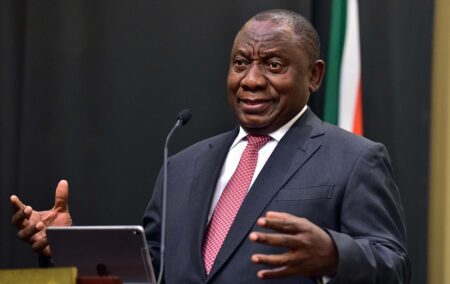At the Sustainable Infrastructure Development Symposium SA on Thursday last week, President Cyril Ramaphosa said: ‘The focus is on capital investment in the large network sectors of energy, water, transport and the digital economy. At least a third of the capital required for this infrastructure should come from the private sector.’
It is doubtful that the private sector will invest anything unless the conditions are right.
Annabel Bishop, chief economist at Investec, said: ‘The private financial services sector generally stands ready to fund bankable state infrastructure projects, as occurs in other countries around the world, and indeed the lack of a pipeline of these is the issue.’
Ramaphosa said infrastructure development on a ‘massive and innovative scale’ is critical for the economic development of SA and “inclusive growth and shared prosperity really finally depends on it.’
Speaking at a webinar last week hosted by the Centre for Development and Enterprise, Reserve Bank governor, Lesetja Kganyago, said companies are sitting on a lot of cash and as long as there is policy uncertainty, they would hold back from investing. The Bank’s July data shows that the private non-financial corporate sector is sitting on cash of just over R1-trillion.
Bishop also said that ‘Corporates are only likely to invest to create more goods and services if they think there will be significant demand domestically and/or internationally, and if the domestic regulatory environment is right.’
She went on to remark that the present regulatory environment is restrictive, while red tape needs to be reduced and the ease of doing business improved substantially.

